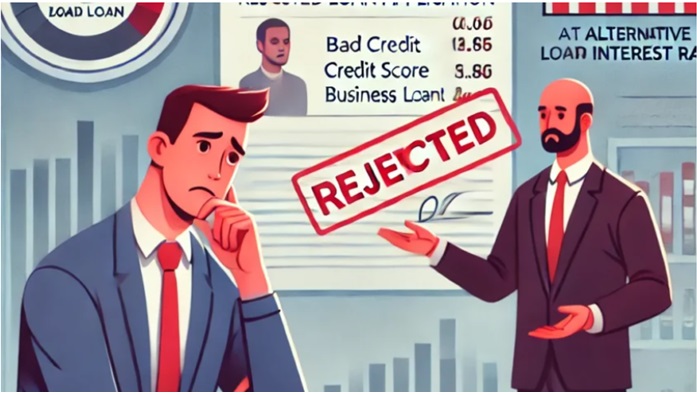Many people with bad credit assume they cannot get a car loan, but that is not true. Bad credit auto loans are available and can help borrowers secure financing despite a low credit score. These loans often come with higher interest rates or stricter terms, but they provide an opportunity to rebuild credit and obtain reliable transportation.
Lenders who specialize in bad credit loans assess more than just the credit score. They may consider income stability, employment history, and the borrower’s overall financial situation. This flexibility makes it possible for individuals with damaged credit to get approved and start improving their credit profiles through consistent payments.
Understanding the terms and comparing different lenders is crucial in finding the best deal. Awareness of potential pitfalls, such as predatory lenders, helps borrowers avoid costly mistakes while navigating the bad credit auto loan market.
Understanding Bad Credit Auto Loans
Bad credit auto loans are designed for individuals with low credit scores who need vehicle financing. These loans often come with specific eligibility requirements, loan types catering to poor credit, and terms that reflect the higher risk lenders take.
How Bad Credit Affects Auto Loan Eligibility
A low credit score significantly reduces the chances of loan approval for traditional lenders. Lenders assess credit history, payment reliability, and debt levels before approving an auto loan.
Borrowers with credit scores below 580 are typically categorized as subprime. They face stricter scrutiny and are often required to provide proof of stable income or a co-signer.
Approval is still possible but may involve higher down payments or verification of financial stability. Some lenders specialize in bad credit auto loans and offer more flexible requirements.
Types of Auto Loans for Poor Credit
Bad credit auto loans generally fall into two categories: subprime loans and buy-here-pay-here loans.
Subprime loans come from traditional banks or credit unions but include higher interest rates and more fees to offset risk.
Buy-here-pay-here dealerships finance cars directly. These loans have easier approval but often include high interest rates and strict repayment schedules.
Some lenders also offer secured loans, where the vehicle serves as collateral, reducing lender risk.
Typical Loan Terms and Interest Rates
Loan terms for bad credit auto loans tend to be shorter, usually between 24 to 60 months. Interest rates are significantly higher compared to prime loans, often ranging from 12% to above 30%.
Higher interest rates compensate lenders for the increased default risk. Down payments are commonly required, sometimes 10% to 20% of the vehicle price.
Monthly payments are generally higher, and loans may have additional fees or penalties for missed payments. Shopping around and improving credit can help secure better terms.
Applying for a Bad Credit Auto Loan
Applying for a bad credit auto loan involves preparing specific financial information, gathering essential documents, and taking steps to increase the chances of approval. Understanding these requirements helps borrowers streamline the process and secure better loan terms.
Preparing Your Application
Before applying, borrowers should review their current credit report to identify any errors or outdated information. This awareness helps set realistic expectations for approval and interest rates.
Consistent income documentation is crucial. Lenders want proof of stable employment or steady revenue from other sources. Having a low debt-to-income ratio will also make the application stronger.
A larger down payment can reduce loan risk for the lender. Borrowers should plan how much they can afford upfront to lower the overall loan balance and improve approval chances.
Documents Needed for Approval
Key documents typically include:
- Proof of income (pay stubs, tax returns, bank statements)
- Valid government-issued ID (driver’s license or passport)
- Proof of residence (utility bills or lease agreements)
- Information about the vehicle being purchased (purchase agreement or bill of sale)
Lenders may also request credit history reports and details on existing debts. Having these documents ready before applying accelerates the approval process.
Improving Approval Odds
To boost approval odds, borrowers should maintain steady employment and show reliable income for at least a few months before applying.
Paying down existing debts or settling delinquencies helps improve affordability and reduces risk for lenders. Using a co-signer with better credit can also improve chances.
Comparing multiple loan offers is essential. Interest rates and terms vary widely for bad credit borrowers, so securing the best deal requires research and negotiation.









Leave a Reply